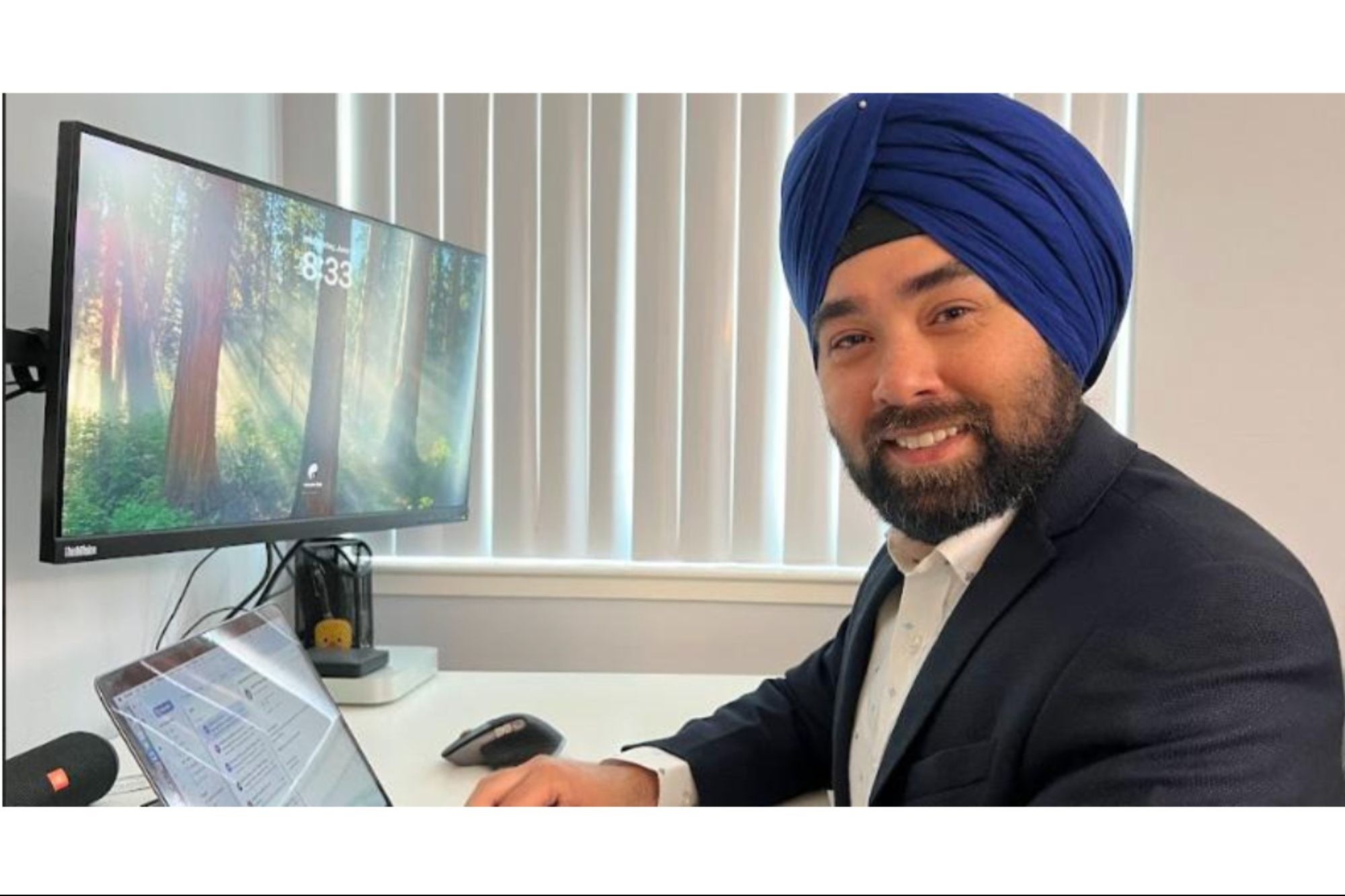From Humble Beginnings to the AI Frontier: An Exceptional Entrepreneurial Journey Singh's entrepreneurial career was influenced by his time at Flipkart, which he joined as a software development engineer in 2012. He credits the experience with teaching him how to handle failure and iterate quickly.
Opinions expressed by Entrepreneur contributors are their own.
You're reading Entrepreneur India, an international franchise of Entrepreneur Media.

For Parminder Singh, the 2020 acquisition of his company, Hansel.io, by NetcoreCloud wasn't an endpoint but a transition toward his next venture. Yet the journey to that moment was anything but straightforward. The five-year path was riddled with challenges, including a critical pivot that ultimately redefined Hansel's future.
A Founder's Mindset Forged at Flipkart
Singh's entrepreneurial career was influenced by his time at Flipkart, which he joined as a software development engineer in 2012. He credits the experience with teaching him how to handle failure and iterate quickly.
"During my time at Flipkart, one of the most valuable lessons I learned was the importance of rapid iteration," Singh says. "When something failed, it felt disheartening. But I noticed our leaders didn't let setbacks weigh them down. They either fixed what could be salvaged or pivoted quickly to the next opportunity. That experience taught me that failure is only a dead end if you treat it like one."
An Early Setback and a Return to Core Strengths
That philosophy was tested soon after he left Flipkart. His first independent venture, Wisechalk.com, failed to gain traction, forcing him to drop the idea.
Following this, Singh returned to his expertise: mobile technology. He revisited a recurring problem he had witnessed at Flipkart – constant delays in launching new experiences. This observation became the foundation for Hansel.io, which he co-founded in 2015.
A Crisis and a Key Pivot
Building Hansel.io presented significant hurdles. Tight budgets initially made hiring difficult, but 2015 funding from Endiya Ventures allowed him to hire and develop.
Even with funding, the company faced a major crisis when its initial product, designed to fix mobile app bugs, faced obsolescence with the rise of ReactNative. This challenge forced the team to pivot, refocusing the technology to empower product managers to modify app experiences without writing code.
Hansel.io co-founder Varun Ramamurthy attributes the success of this maneuver to Singh's leadership. "While most technical leaders focus solely on technology, Parminder brings a rare balance of deep technical expertise and strong product intuition," he says.
Validation and Expansion
The new direction found its market, and by 2018, Hansel.io was working with many of India's leading unicorns, including Paytm, Ola, and Yatra. Aswin, who led customer-facing teams, saw the impact firsthand. "Teams that adopted our platform reduced their time-to-market for mobile UI changes and experiments from over a month down to just a few hours," he says.
With a strong foothold in India, discussions led to expanding into the U.S. To secure funding, the company secured new financing from Vertex Ventures and IDG Ventures in 2018. In 2019, Singh moved to the U.S. to personally lead the expansion. This new presence quickly caught the attention of NetcoreCloud, and Hansel.io was acquired in 2020.
Scaling a Unicorn's US Expansion and the Leap into AI
Following the acquisition, Singh was recruited by Scaler, a Sequoia-funded ed-tech company, to lead its US expansion. As VP of Engineering and Growth, he spent two years building teams in Bangalore and California, taking Scaler's US revenue from zero to $1 million in the first three months under his leadership.
Despite this success, Singh decided to leave his senior role to bootstrap a new company, Redscope.ai, driven by recent advancements in AI. "Stepping away from a senior leadership role was one of the hardest decisions I've ever made," he reflects. "But to witness a technological shift of this magnitude is a once-in-a-lifetime opportunity. I knew I couldn't sit this one out."
Before starting Redscope.ai, he interviewed over twenty enterprise companies, identifying a consistent problem: companies invested heavily in driving website traffic, but their static sites struggled with conversion. For Singh, this was the precise problem to solve.
A Bet on AI-Powered Sales
Singh's latest venture is founded on the belief that AI can handle complex, real-time customer interactions. He found that CMOs with large ad spends all had a "leaky bucket," and realized AI could plug that leak by engaging visitors in real time before they drop off.
Drawing on his experience, Singh sees the AI boom as a moment that rewards clarity. While others chase broad applications, his laser-focused strategy on one high-value problem will not only win a place in the market but also define a new standard for AI-driven sales.










